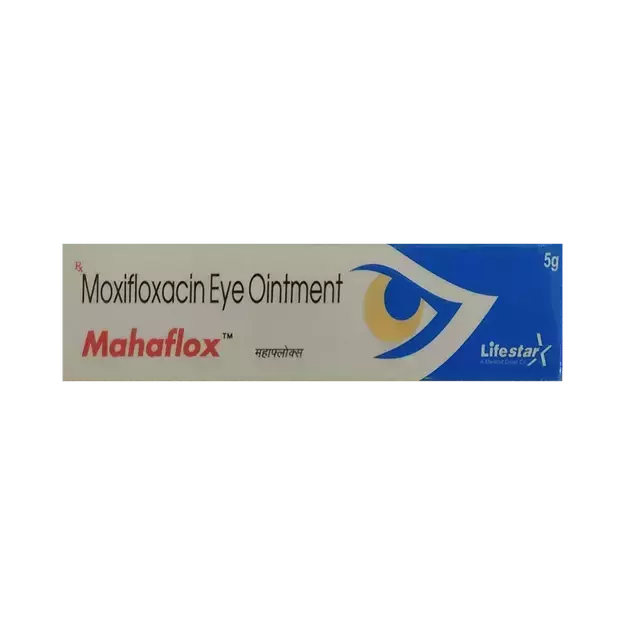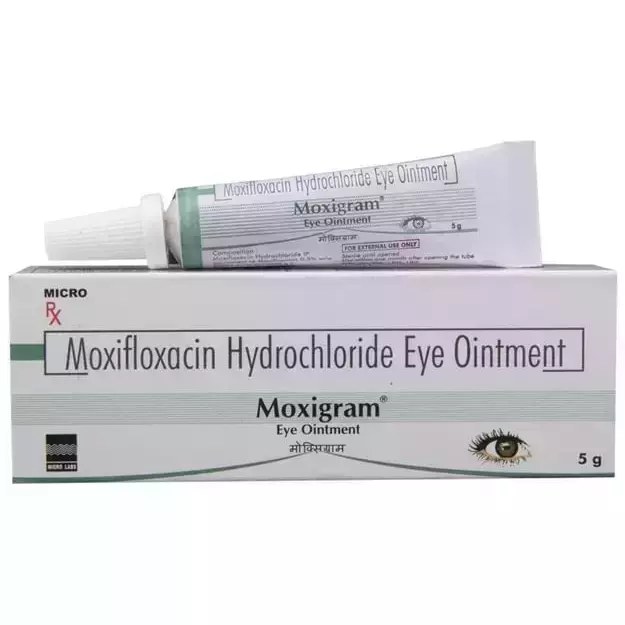Optichlor Eye Ointment is a prescription drug, available for use as Ointment. Bacterial Infections are some of its major therapeutic uses. Other than this, Optichlor Eye Ointment has some other therapeutic uses, which have been discussed ahead.
The optimal dosage of Optichlor Eye Ointment is largely dependent on the individual's body weight, medical history, gender and age. Dosage also depends on the route of administration and your chief complaint for which the drug is prescribed. Refer to the dosage section for a detailed discussion.
Besides the aforementioned side effects, there are other adverse effects of Optichlor Eye Ointment as well, which are listed below. Such side effects of Optichlor Eye Ointment normally do not last long and go away once the treatment is completed. Please speak with your doctor if these side effects worsen or persist for a longer duration.
Furthermore, you should know that effect of Optichlor Eye Ointment is Severe for pregnant women and Severe for women who are breastfeeding. Further, the section on Optichlor Eye Ointment related warnings talks about Optichlor Eye Ointment's effects on the liver, heart and kidney.
Individuals suffering from medical conditions like Kidney Disease, Liver Disease must refrain from the use of Optichlor Eye Ointment since this can cause severe adverse effects. The section on Optichlor Eye Ointment contraindications lists all such conditions.
Additionally, Optichlor Eye Ointment may also adversely react with other medicines. See below for a complete list.
You should also be aware that Optichlor Eye Ointment is safe while driving, and is addiction.
X


















